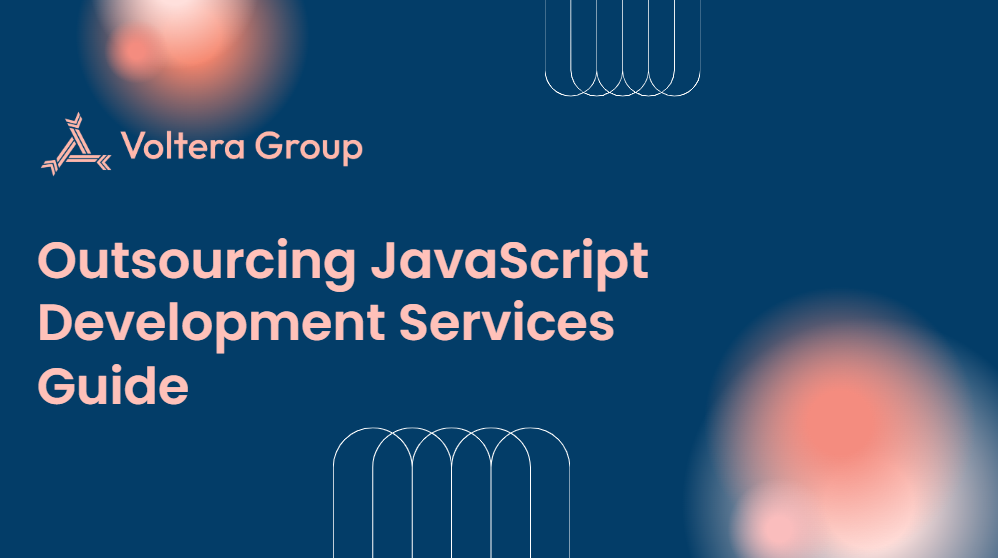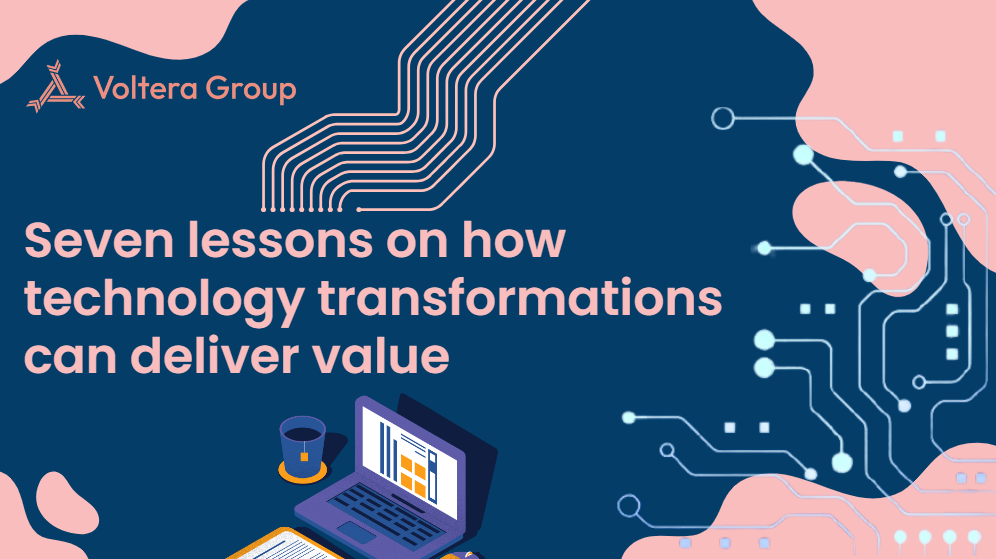AI Agent Development Automate Repetitive Tasks
Our company transforms routine operations into self-executing systems that handle the work automatically. Reinforcement learning agents represent a core technology driving these advancements by enabling AI to optimize processes through sophisticated trial-and-error learning mechanisms.
AI Agent Development Solutions
01
Custom Agent Development
Specially designed automated systems that address your specific business challenges. By implementing sophisticated knowledge representation techniques, these agents interpret and act upon complex information effectively.
02
Enterprise Integration
Seamlessly connect AI agents with your existing technology infrastructure—whether CRM systems or ERP platforms. Our development approach ensures efficient integration and smooth operation across your business systems.
03
Multi-Agent Ecosystems
Create collaborative teams of automated agents that work together, with each handling specific aspects of complex processes. Advanced modeling techniques optimize these multi-agent interactions for maximum efficiency.
04
Domain-Specific Intelligence
Develop AI assistants with deep industry expertise to provide precise insights and recommendations. Enhanced cognitive capabilities strengthen these systems with sophisticated problem-solving and decision-making functions.
05
Decision Support Systems
Deploy intelligent agents that assess situations and make real-time decisions based on your organization's rules and data assets. Structured decision frameworks optimize these processes for consistent, high-quality outcomes.
06
Process Automation
Implement intelligent systems that streamline workflows by automatically routing and managing tasks. AI-driven automation powers this efficiency, while adaptive learning ensures continuous performance improvement.
Don't just observe—take decisive action.
AI Agent Applications Across Industries
Customer Experience
Natural language understanding enhances the agent's ability to process complex customer inquiries
Provide continuous multi-channel support through conversational interfaces
Analyze customer data to deliver personalized recommendations and tailored
Healthcare
Evaluate patient symptoms, medical history, and provide initial assessment recommendations
Virtual health assistants deliver continuous healthcare information, symptom evaluation, and appointment scheduling
Automate administrative tasks and documentation management
Financial Services
Deliver personalized investment guidance based on real-time market data and individual risk preferences
Identify potential financial fraud patterns and suspicious transaction activities
Analyze data for efficient credit evaluation and loan risk assessment
LLM Agent A
State-Of-Art Automation (Scheme)
LLM is not only the possibility to chat and get a wide range of information, but it's also the possibility to retrieve your local data from databases, docs, and spreadsheets. With advanced LLM Agents—a core part of generative AI as a service—you can automate your routine processes, streamline client communication, or implement your start-up ideas.

Let our AI agents transform your biggest challenges into automated solutions.
Technologies of Artificial Intelligence and Machine Learning
AI Agent Development Methodology
Each process phase focuses on creating, refining, and evolving an intelligent system that becomes progressively smarter and more precisely aligned with your specific business requirements.
Discovery & Analysis
01
Thoroughly examine your operations to identify the highest-impact opportunities for AI agent implementation.
Architecture Design
02
Define your agent's cognitive framework—how it will process information, make decisions, and interact with existing systems.
Development & Training
03
Build and educate your AI agent using relevant data so it can effectively manage your specific business scenarios.
Comprehensive Testing
04
Subject your agents to rigorous evaluation to ensure intelligent decision-making and seamless system integration.
Implementation
05
Deploy your automated agents within your actual business environment without disrupting existing operations.
Continuous Optimization
05
Monitor your AI agents' performance and refine their capabilities for continuously improving results.
Business Challenges Addressed Through AI Agents
Process Complexity
Our development transforms multi-step tasks into streamlined, self-executing workflows that operate end-to-end without constant supervision.
Information Overload
Filter through massive data volumes to highlight critical insights when they matter most through intelligent prioritization.
Inventory Management Inefficiencies
Handle increasing customer interaction volumes without proportional staffing increases.
Resource Allocation
Intelligently distribute your human and technological resources to maximize business impact.
Advanced AI Agent Capabilities
Natural Language Understanding
Agents that comprehend and respond to human communication with nuanced understanding.
Contextual Intelligence
Systems that maintain conversation history, interpret underlying intent, and adapt responses dynamically.
Autonomous Workflow Execution
Agents capable of breaking complex processes into sequential actions, executing them independently.
Knowledge Integration
Seamlessly connected agents that access vast information resources to deliver relevant insights during interactions.
Competitive Advantages with Our Gen AI Services
Frequently Asked Questions
What business processes can AI agents realistically automate today?
AI agents can effectively automate routine operations including customer support, data analysis, document processing, scheduling, standard decision-making, and repetitive workflow tasks. The most successful applications target processes that follow identifiable patterns while requiring contextual intelligence, such as communication triage, lead qualification, or handling standard customer inquiries.
What implementation timeline should we expect, and how disruptive is the process?
Typical implementation requires 2–4 months from initial setup through full deployment, varying with system complexity and integration requirements. The process can be strategically phased to minimize disruption, with most organizations experiencing only limited adjustments during training and initial implementation phases.
How customizable are AI agents for specific business processes?
Modern AI agents are highly adaptable and can be trained using your industry-specific data, organizational policies, and unique operational workflows. They can be configured to understand your company’s terminology, follow established procedures, and align with your brand voice and decision criteria through targeted development.
How do these systems improve over time, and what ongoing supervision is required?
AI agents learn through continuous pre-training, operational interactions, and structured feedback mechanisms that refine their capabilities. While they require initial oversight and periodic evaluation, human supervision requirements decrease progressively as the system achieves greater accuracy and reliability.
What technical infrastructure supports effective AI agent deployment?
Successful implementation requires robust data management, secure API connections, and appropriate processing resources, alongside integration points with existing systems. Cloud-based solutions typically provide the necessary infrastructure components, enabling efficient scaling without significant hardware investments.
Can we adapt agent capabilities as business requirements evolve?
With proper development support, agents can be continuously updated as your business evolves, with new capabilities implemented through additional training and configuration adjustments. The modular architecture of modern AI systems enables feature enhancement without requiring complete system redevelopment.
Are there specialized AI agents for software development?
Software development agents (including tools like GitHub Copilot and Amazon CodeWhisperer) assist with code generation, defect identification, code review, testing, and architectural recommendations across programming languages. These specialized agents accelerate development by suggesting code completions, refactoring options, generating tests, and supporting documentation efforts. Currently, they function most effectively as collaborative assistants to development teams rather than complete replacements for human engineers.



